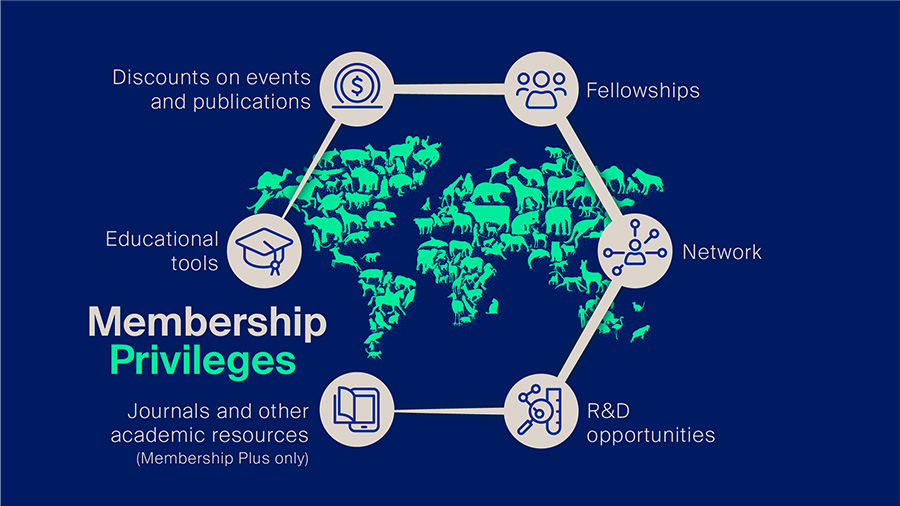Destigmatizing mental health issues

Suicides among veterinarians—both male and female—in the United States alone is three to five times higher than that of the general population. But this very serious issue of mental health and suicide rates in the veterinary community is not restricted to the US - multiple studies from Australia, Norway, and the United Kingdom have also described higher-than-expected deaths from suicide. It’s time to talk about it.
Mental health and suicide are very complicated topics and driven by several factors specific to veterinarians and other health-care providers, as well as more general issues, such as work-life balance and financial pressures.
According to Not One More Vet (NOMV)—a nonprofit focused on transforming the status of mental wellness within the veterinary profession—veterinary professionals are twice as likely to experience serious psychological distress and 1.5 times more likely than the general public to have experienced depression. According to NOMV, the common assumption is that veterinary professionals “play with animals all day,” the truth is that vet teams routinely are challenged with the care of small and large animals, terminal diagnoses, and euthanasia, and they often “experience a rollercoaster of emotions.” As in other professions that deal with illness and death on a routine basis, members of the veterinary healthcare team are prone to compassion fatigue, a physical and emotional state that is similar to burnout but that stems not from having too much work or responsibility, but from the stresses of always being there to help other individuals as they deal with difficult or traumatic experiences. In combination, these challenges - a high incidence of burnout and compassion fatigue, the financial pressures of the veterinary sector, and ongoing challenges to recruit and retain staff who are looking for better work-life balance and flexible working conditions – is creating a perfect storm for mental health and death by suicide.
‘We have to do better’
As a new generation of veterinarians emerges—a generation whose needs are different than earlier generations—we need to be comfortable discussing how we are actually feeling, and we need to signpost resources. When someone is struggling, connecting them to resources early could be a lifesaver, as well as an absolute life changer. The mindset of thinking the only way to be good is to be miserable during training has to change. We have to do better. We must find ways to train young veterinarians in a humane and sustainable manner—or we will lose people we care about.
Resources for mental health support
NOMV helps veterinary professions through peer-to-peer support, financial support grants, and educational presentations, and by collaborating with partner agencies to extend services to the vet community. The organization has a thriving online community via its presence social media, and maintains a large peer support network to reduce isolation, provide personal support from caring and understanding peers, and recommend crisis intervention when needed.
Likewise, the American Veterinary Medical Association (AMVA) counts veterinary professionals’ well-being as a top priority and on its website lists a variety of resources, and the Royal College of Veterinary Surgeons’ (RCVS) Mind Matters Initiative (MMI) aims to improve the mental health and well-being for veterinary teams—from students and veterinary nurses and surgeons to practice managers. The MMI also offers a list of resources.
Do you know other relevant resources? We invite you to share them with us via email.
Tune in to AO TV where AO VET’s Matthew Allen and Sam Morello shed light on the profession’s emotional toll, the stigma surrounding mental health, and the urgent need for support and resources.



